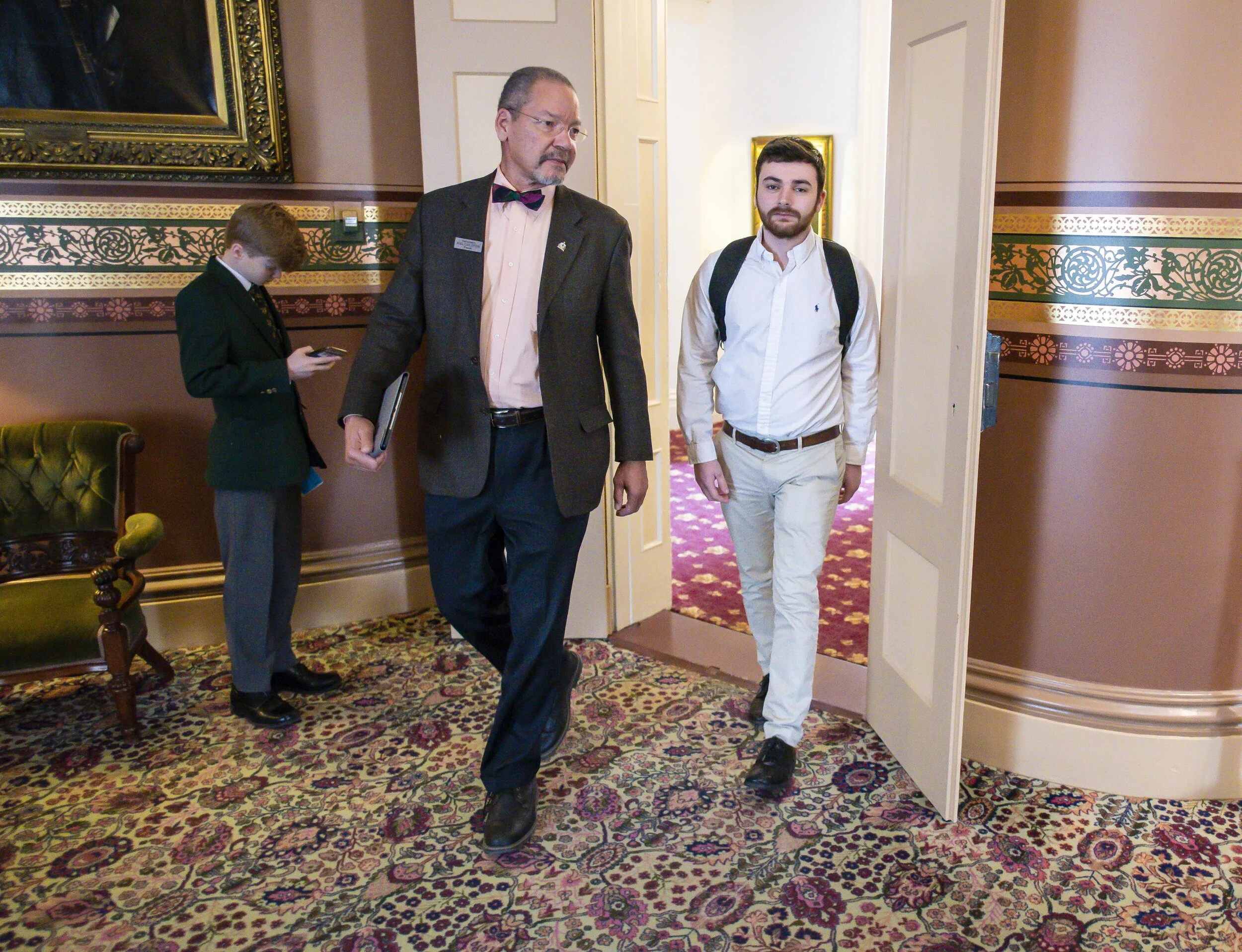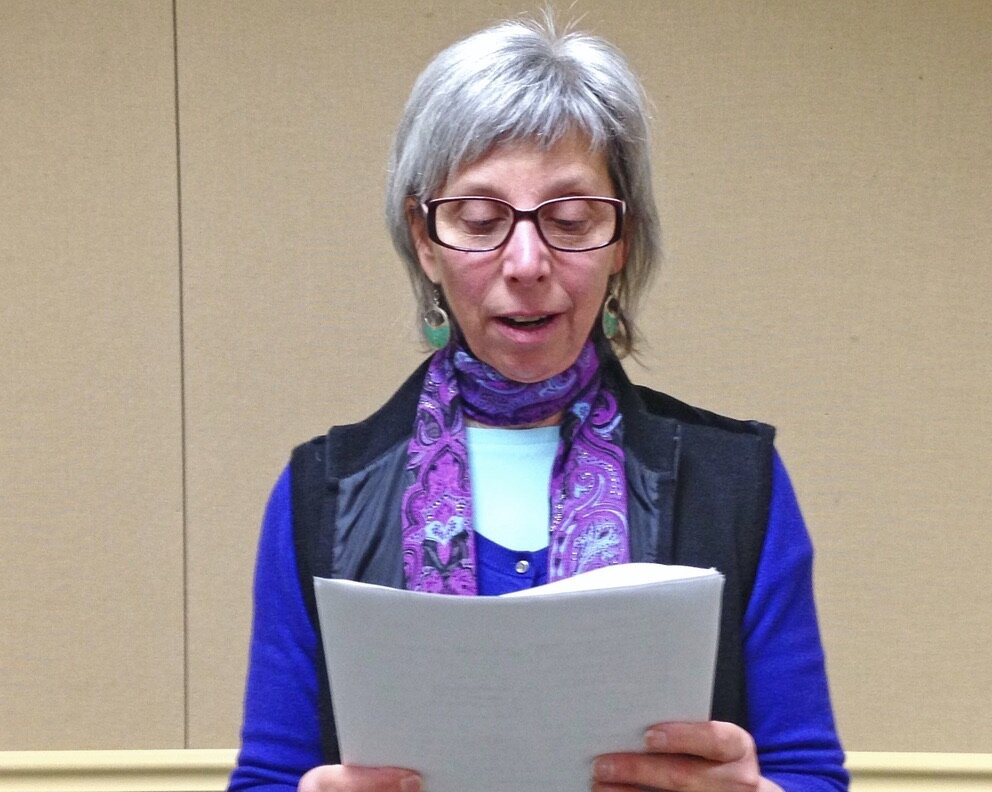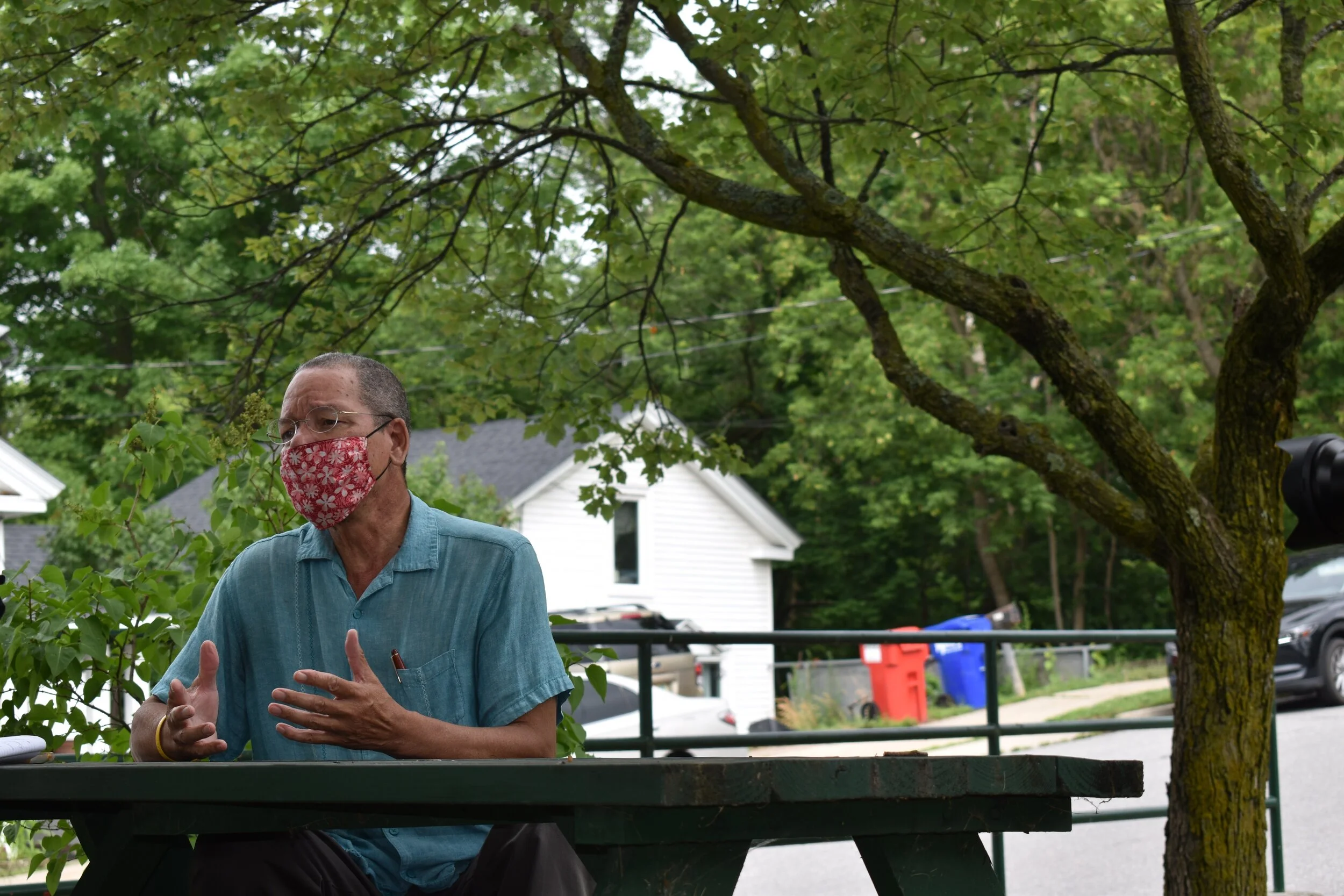Vermont legislator demands Vermont do better
Photo courtesy of Glenn Russell.
Representative Hal Colston (D-Winooski) believes that Vermont has fallen short of achieving racial equity within the state.
“There are so many disparities in our state based on race and ethnicity that we must address.” Colston said.
The most relevant example of racial injustice in Vermont appears in the form of police brutality, Colston said.
“There’s a lot of pressure around dealing with use of force by police,” Colston said. “We are working on a bill to be passed because we need to make a clear stand around this issue of black and brown people senselessly being murdered by police.” The bill, H-808, is presently in the House Committee on Government Operations.
But the issue stretches beyond law enforcement policies, Colston said, to other entities of the criminal justice system Prosecutors are the ones who decide who goes to jail and who gets a pass, and black people are much more likely to be sent to prison than white people, Colston said. “We elect prosecutors, but who are they accountable to?”
In fact, Vermont’s record on race and incarceration is one of the worst in the country, Colston said. African Americans make up only 1.4% of Vermont’s population, “...yet almost 11% of the prison population are African Americans.” he said.
The current coverage of police brutality and systematic racism has impacted Colston and how he approaches his role as a legislator. “It [racial inequity] makes me want to become more vocal and strategic about changing our policies and our laws so that we may mitigate institutional racism.”
While every citizen has a role in advocating for social justice, Colston said much of the burden of dismantling systemic racism rests on the shoulders of those that have instigated it for centuries; white people.
“Many of our leaders in this state, who are typically white men, need to become aware of how institutional racism affects them personally and professionally and how they can take responsibility.” He said.
Though most have not actively engaged in oppression, white people must take steps to address this crisis, Colston said. “It’s human nature to assume you are a good person but if you benefit from a racist system and you’re doing nothing about it, you’re racist.” he said. “A new awakening needs to occur in white people, to get that they too are being dragged down by this. They are losing their humanity.”
Colston is actively pushing for more racial diversity in the state’s offices. “In Vermont, we’re trying to get more people of color in the legislature and shift the narrative.”
But while representation in the state government may bring light to issues of racial injustice, substantial changes will come only when Vermont’s white population looks within, reflects on their privilege, and shifts their attitudes and beliefs. “I look to my white brothers and sisters and ask, ‘what are you doing about this?’” Colston said.








